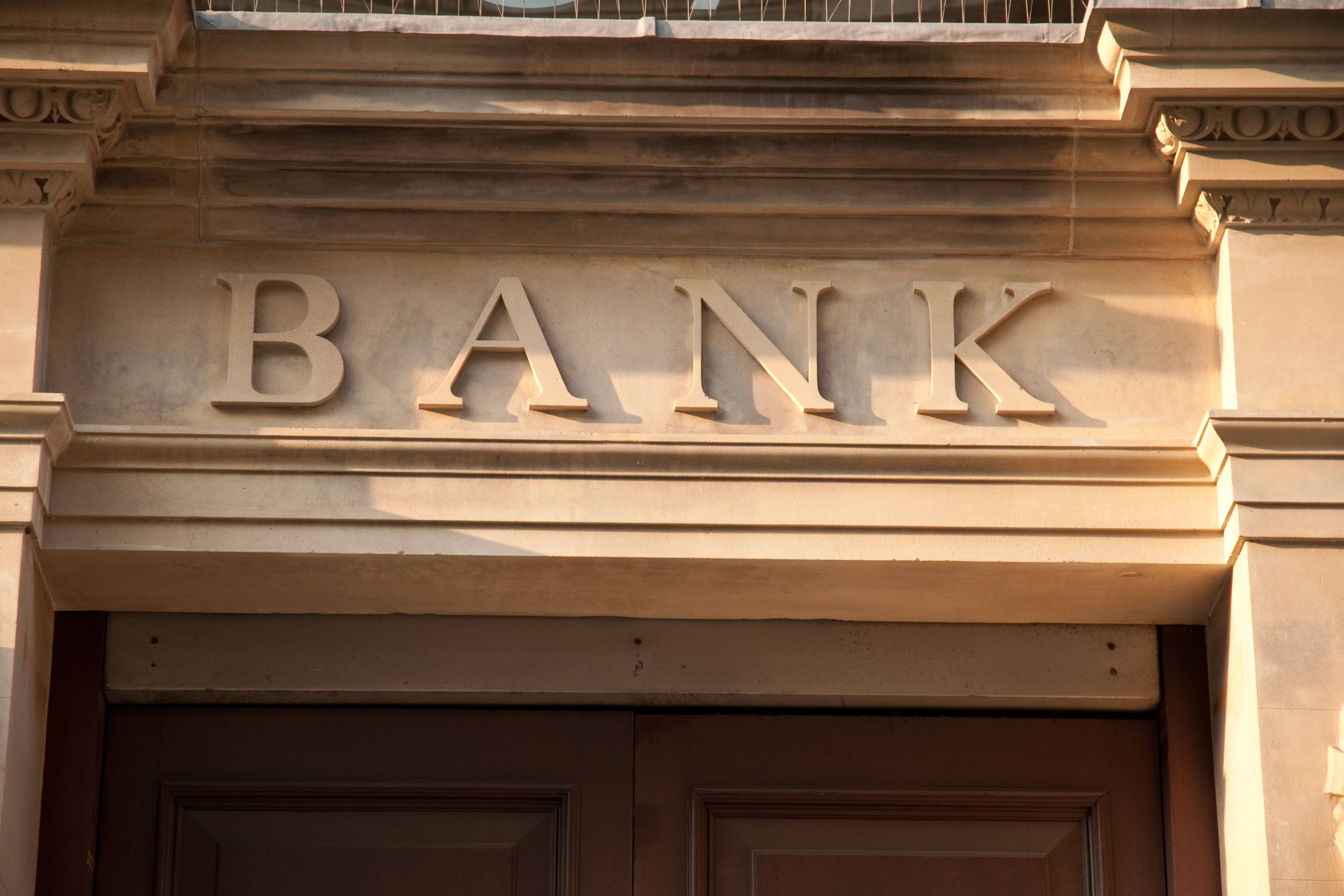Nine new banking hubs recommended to help communities access money
Banking hubs are a shared banking space on the high street to help people continue to access their cash as bank branches close.

Your support helps us to tell the story
From reproductive rights to climate change to Big Tech, The Independent is on the ground when the story is developing. Whether it's investigating the financials of Elon Musk's pro-Trump PAC or producing our latest documentary, 'The A Word', which shines a light on the American women fighting for reproductive rights, we know how important it is to parse out the facts from the messaging.
At such a critical moment in US history, we need reporters on the ground. Your donation allows us to keep sending journalists to speak to both sides of the story.
The Independent is trusted by Americans across the entire political spectrum. And unlike many other quality news outlets, we choose not to lock Americans out of our reporting and analysis with paywalls. We believe quality journalism should be available to everyone, paid for by those who can afford it.
Your support makes all the difference.Nine new banking hubs have been recommended by ATM network Link, under an initiative to help maintain the cash network.
Banking hubs are a shared banking space on the high street, with dedicated rooms where customers can see community bankers from their own bank.
The community bankers work on rotation, with a different banking provider available on each day of the week.
Link has recommended new banking hubs in Barnoldswick (Lancashire), Clay Cross (Derbyshire), Earlestown (Merseyside), Heywood, Horwich (both in Greater Manchester), Oakham (East Midlands), Shoreham-by-Sea (West Sussex), Stapleford (Nottinghamshire) and Watton (Norfolk).
There are currently four banking hubs up and running across the UK so far, in Brixham (Devon), Cambuslang (South Lanarkshire), Cottingham (East Riding of Yorkshire) and Rochford (Essex).
Access to cash and face-to-face banking services continues to be important for millions of people across the UK
Link has also recommended new deposit services in six communities – Keswick (Cumbria), Ripley (Derbyshire), Littlehampton (West Sussex), Whitstable (Kent), Dagenham (Greater London) and Colwyn Bay (Clwyd).
The new deposit services will provide consumers and businesses with accessible ways to deposit cash without having to visit a bank branch.
Cash Access UK, a bank-owned company, will now open the new hubs and deposit services.
The total number of new cash services recommended by Link is now 76 – comprised of 38 banking hubs and 38 deposit services.
The banking hubs scheme is funded by banks. Hubs can be set up where suitable locations are found.
Waves of bank branch closures have fuelled concerns about people’s ability to access their own money easily.Earlier this week, NatWest announced the closure of 23 branches, including branches in Horwich and Shoreham-by-Sea – two of the new locations which Link has recommended for banking hubs.
As Lloyds, TSB and Barclays announced closures earlier this month, NatWest’s announcement meant that 87 bank branch closures had been announced so far this year, less than a month in.
Various other initiatives have been taken place to plug the gaps, including cashback in shops.
People can also do their everyday banking over the Post Office’s counters, under an agreement with several banks.
The Government has said it will legislate to protect the future of cash.
John Howells, CEO, Link, said: “Access to cash and face-to-face banking services continues to be important for millions of people across the UK.
“Not everyone can or is able to go digital yet, so we’re pleased to announce new cash services to support these communities.”
What's needed most is long-awaited Government legislation to protect access to cash, with guaranteed minimum levels of free access to it
Jenny Ross, Which? Money editor, said: “With thousands of bank branches shutting their doors in recent years, those who rely on cash and in-person banking services need alternative forms of access, so it’s encouraging to see that more banking hubs are set to open.
“As cash makes a comeback by helping many people to manage their finances during the cost-of-living crisis, the rollout of these banking hubs must be speeded up. They simply aren’t opening quickly enough to offset the impact of hundreds of branches closing every year.
“Which? also recognises the importance of deposit facilities, especially for small businesses, and looks forward to learning more about how they will function.
“Ultimately, however, what’s needed most is long-awaited Government legislation to protect access to cash, with guaranteed minimum levels of free access to it, so people don’t have to fork out to get hold of their own money.”